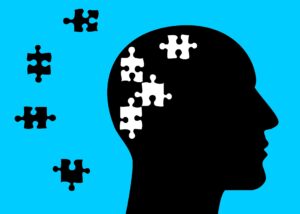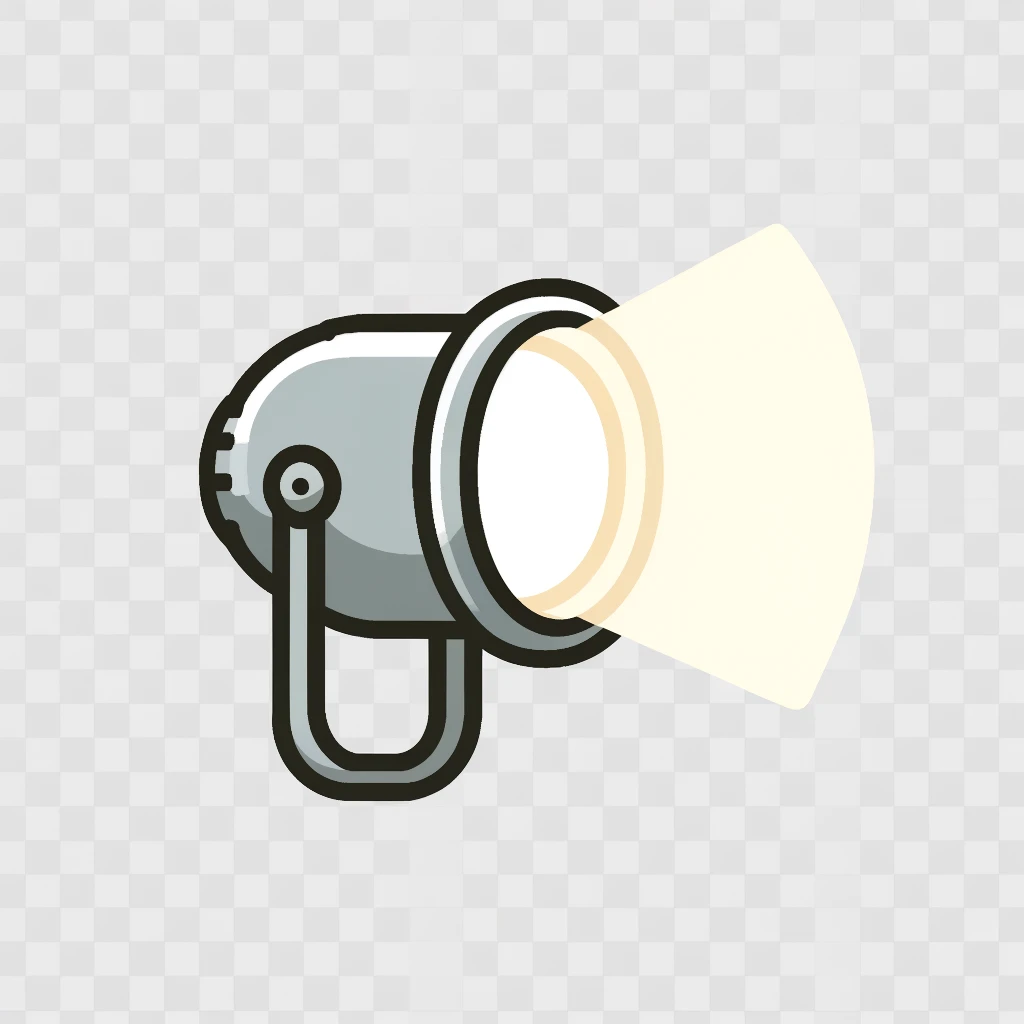Table of Contents
Toggle

ADHD and CBT: How Cognitive Behavioral Therapy Can Help Adults Manage Symptoms
Are you an adult struggling with ADHD and seeking effective strategies to manage your symptoms?
You're not alone. ADHD can present unique challenges, but there are ways to navigate them successfully. Cognitive Behavioral Therapy (CBT) is a treatment that has shown promise, although it remains somewhat controversial among neurodivergent-affirming therapists.
CBT focuses on understanding and changing negative behaviors and thoughts, helping you to improve your daily functioning. Let’s explore how CBT can help you manage ADHD by addressing negative automatic thoughts and fostering a positive mindset.
What is CBT and How Does It Help with ADHD?
Cognitive Behavioral Therapy (CBT) is designed to help individuals change negative thought patterns and behaviors.
For adults with ADHD, CBT offers practical skills and techniques to manage "symptoms", improve concentration and attention, and reduce impulsivity.
This therapy involves a combination of talk sessions and exercises that promote better time management, organizational skills, and emotional regulation. It's widely used to treat conditions like anxiety, depression, and ADHD. Most studies on adult ADHD have focused on CBT, often neglecting other potential treatments. Still, there is a growing interest in exploring more affirming therapeutic options that may better address the unique needs of neurodivergent individuals.
Some CBT techniques may not suit everyone, especially those who prefer neurodivergent-affirming approaches.
For example, many interventions may focus on adjusting behaviors to align with neurotypical standards, which might not resonate with all individuals. But there are interventions that can help you improve your beliefs about your self worth which are very valuable.
Understanding this, let's look at some specific strategies within CBT that can be particularly helpful for ADHD:
- Behavioral Activation: This strategy involves planning and engaging in positive activities to boost mood and motivation. For adults with ADHD, setting small, achievable goals can help build a sense of accomplishment and improve focus. However, it's important to be mindful of neurodivergent burnout, as behavioral activation is a poor choice for these adhd people who need rest and disconnect as an intervention.
- Time Management and Organizational Skills: CBT provides tools to help adults with ADHD better manage their time and tasks, reduce procrastination, and improve executive functioning. Techniques might include creating detailed schedules, breaking tasks into smaller, manageable steps, and using reminders or alarms. While these strategies can be effective, some adults, particularly women with ADHD, report feeling inadequate when these tools don’t seem to work perfectly. They don't always account for real challenges. It’s crucial to adapt these strategies to your personal needs and circumstances.
- Mindfulness Techniques: Incorporating mindfulness into therapy helps individuals with ADHD become more aware of their thoughts and feelings, improving concentration and reducing impulsivity. Mindfulness practices can enhance emotional regulation by allowing individuals to stay grounded and focused in the present moment. Results are mixed on adhd and mindfulness intereventions. They may help they may increase your distress.
- Emotional Regulation: People with ADHD often struggle with intense emotions. CBT offers strategies to help manage these emotions, such as using breathing techniques, identifying emotional triggers, and practicing calming exercises. These skills are essential for improving daily functioning and overall mental health. Delivered correctly, these help.
- Problem-Solving Skills: CBT teaches systematic problem-solving techniques to help adults with ADHD approach challenges more effectively. This includes identifying the problem, generating possible solutions, evaluating their pros and cons, and implementing the best strategy. This approach reduces impulsivity and promotes thoughtful decision-making. As long as they don't feel invalidating they might help.
- Social Skills Training: Many adults with ADHD experience difficulties in social situations due to impulsivity or inattentiveness. CBT can provide strategies to improve social skills, such as active listening, reading social cues, and managing impulsive reactions. Neurodivergent-affirming therapists focus more on adapting the environment to the individual’s needs rather than training the individual to fit into neurotypical social norms.
- Cognitive Restructuring: This technique involves identifying and challenging distorted or irrational beliefs. For ADHD, this might mean addressing thoughts like "I can't ever succeed because I can't focus" and replacing them with more balanced, realistic thoughts. This cognitive intervention helps shift from self-criticism to self-compassion.
- Support and Encouragement: CBT also provides a structured form of support through regular therapy sessions. These sessions are a safe space to practice new skills, discuss challenges, and receive feedback from a therapist who understands ADHD.

Spotlight on Addressing Negative Automatic Thoughts in ADHD
Adults with ADHD often experience frequent negative automatic thoughts (NATs), which can impact self-esteem and behavior. These thoughts are quick and often negative, stemming from past criticism or misunderstandings. Left unchecked, NATs can lead to avoidance and a reduced sense of self-worth.
What Are Negative Automatic Thoughts?
Negative automatic thoughts are spontaneous, often subconscious thoughts that arise without deliberate intent. They are typically critical or pessimistic, such as "I can’t ever get things right." These thoughts are often linked to perfectionism, anxiety, or past experiences.
Challenging Negative Automatic Thoughts
CBT offers powerful techniques to manage these thoughts through cognitive restructuring, a process of questioning the validity of negative beliefs to reshape one’s mindset. Socratic questioning is one such cognitive technique used in CBT to critically examine thoughts and reveal inaccuracies. It’s particularly useful for people with ADHD, who often have more NATs. By asking guided questions, you can challenge these thoughts and develop a more balanced and realistic perspective.
Socratic Questioning: A CBT Technique for Managing ADHD
Here’s how Socratic questioning works:
- What evidence supports or contradicts this thought?
- Are there other ways to view this situation?
- What would happen if I thought differently?
By considering these questions, you can better understand your thoughts and learn to modify them. To further challenge negative thoughts, consider using these additional questions:
-
What facts support this thought?
-
What evidence contradicts it?
-
What is the worst possible outcome if this thought were true?
-
How likely is that outcome?
-
Am I overgeneralizing based on past experiences or what I was taught about ADHD?
-
If I don’t do this perfectly or make a mistake, will it matter in a week or a month?
-
Have I dealt with a similar situation before? What strategies were helpful?
-
What advice would my counselor or therapist give about this situation, considering my ADHD?
-
Are my thoughts self-compassionate? Am I being kind to myself?
-
What else, besides myself, might be affecting this situation?
-
Am I using "I must," "I have to," or "I should" thinking here? Is it truly necessary?
Writing these questions in a journal can help you reflect on your thinking patterns and develop more supportive, compassionate self-talk.
Moving Forward: Developing a Positive Mindset with CBT
By using these strategies and techniques, you can start challenging negative thoughts and developing a more positive mindset. Managing ADHD involves more than just symptom management; it’s about enhancing overall well-being and self-awareness. CBT, delivered with sensitivity and understanding, provides a structured and supportive way to achieve this. Remember, the goal is to find what works best for you and to support your unique journey with ADHD.
Resources.
Here are some great free worksheets from positivepsychology.net to help you look at and challenge the assumptions behind your thoughts. I'd encourage you to write them down. It really helps with organization of your thinking and leads to better improvement.
Getting-Rid-of-ANTS-Automatic-Negative-Thoughts
Positive-Replacement-Thoughts-Worksheet
Questions-For-Challenging-Thoughts
Links to other pages
Medical information obtained from this website is not intended as a substitute for professional care. If you have or suspect you have a problem, you should consult a healthcare provider.

